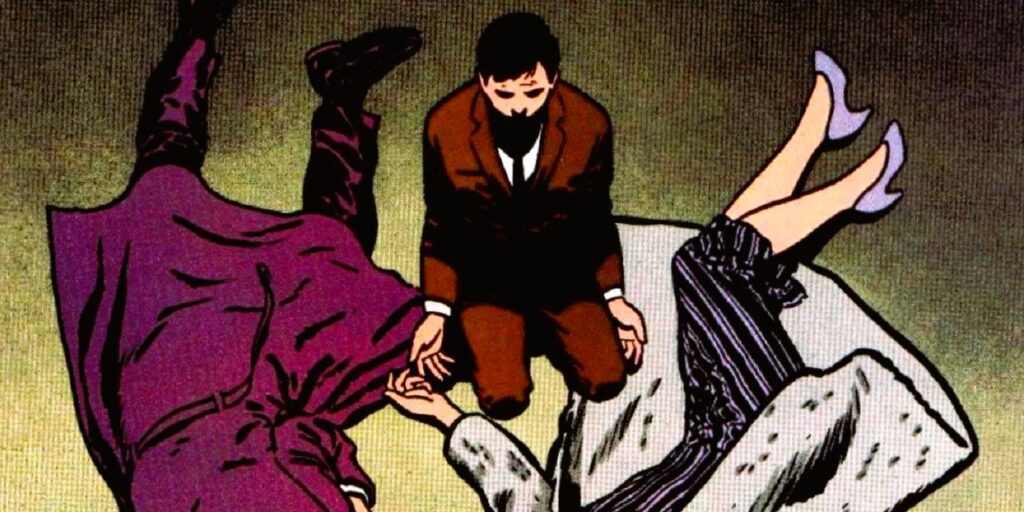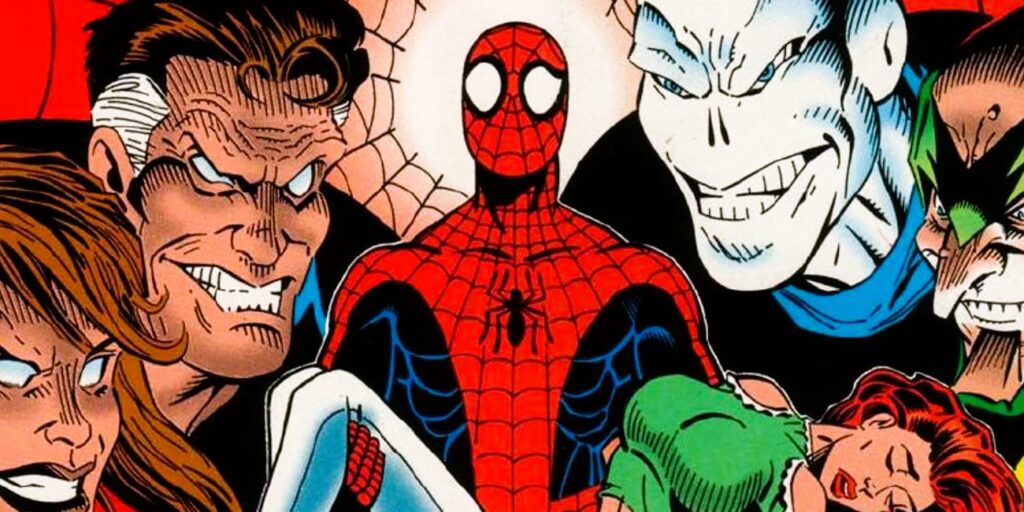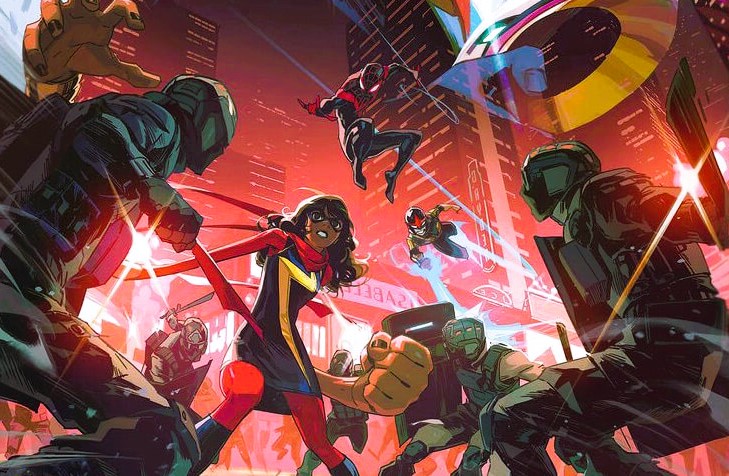CAUTION: SPOILERS AHEAD! Revelations involving The Dark Knight Rises and The Amazing Spider-Man imminent.
Since time immemorial, the tale of heroes bereft of parental guidance has woven its narrative thread through various epochs—from the biblical Moses to the wizardly realm of Harry Potter. The orphan archetype, resonant and enduring, has found a particular resonance in the realm of superheroes. Notably, the trifecta of iconic superheroes—Batman, Superman, and Spider-Man—all share the common thread of parental loss. This recurrent theme not only underscores the essence of heroism but also delineates the intricate dimensions of what it truly means to embody heroism.
In the pantheon of orphaned superheroes, the quintessential figure that springs to mind is Batman. The demise of Martha and Thomas Wayne is so intricately entwined with the character that any mention of Batman invariably conjures the awareness that his progenitors have met a tragic end. Their demise serves as a formidable catalyst for the caped crusader, propelling him to cleanse the streets of Gotham. Substantially allocating a portion of his inherited wealth to this noble cause, one can only speculate on the substantial financial investment required for those bat-shaped jets.

However, it's imperative to acknowledge that the loss of his parents doesn't merely impel Batman to combat crime; it also impels Bruce Wayne to assume a paternal role. The seemingly incongruent juxtaposition of the vibrant, youthful depictions of Robin with the brooding, isolated persona of Batman (a colossal understatement, Batman!) demands scrutiny. The fact that all of Bruce's male wards share the commonality of orphanhood points to a more profound narrative. Bruce consistently opens his home to orphaned boys, offering them both sanctuary and the bequest of his legacy. Christopher Nolan adeptly captures this facet of Bruce's character in his rendition of the Batman mythos, embodied through characters like John Blake (Nolan's iteration of Robin) and the orphan boys who eventually inherit Wayne Manor.
Contrastingly, in the narrative of Superman, we encounter an orphan with no tangible recollection of his biological parents. As the planet Krypton faces its demise, Jor-El and Lara place their infant, Kal-El, in a spacecraft bound for Earth. Raised by Midwestern Americans under the guise of Clark Kent, he lacks any real memory of his birth parents. Unlike Batman, Superman's impetus emanates from an intrinsic desire to do good, ingrained in him by his adoptive, albeit classic, nuclear family.
For Superman, orphanhood serves as a conduit to his inherent otherness. While Jonathan and Martha bryan_jor-el_and_laraKent undeniably fulfill the roles of Clark's parents, their modest stature as Kansas farm proprietors leaves them ill-equipped to provide him with explanations or solace regarding his extraordinary powers. In essence, the mild-mannered Clark Kent required equally mild-mannered parents, whereas Kal-El necessitated a more fantastical connection. Did you like the article? Read also about Clothes Minded: A Little Trendy Advice.
Spider-Man, perched between these two extremes, grapples with the loss of his parents, Richard and Mary Parker, at a tender age. Peter's memories of them are fleeting, and it's the demise of his uncle (his closest father figure) that galvanizes him to employ his powers in the pursuit of justice. In Marc Webb's recent reboot, The Amazing Spider-Man, a more prominent spotlight is cast on Peter's parents, turning the mystery surrounding their disappearance into an effective narrative device.

A more fitting orphan narrative for Spider-Man, however, revolves around the notion of orphans as society's children. Stripped of direct roots by the loss of his parents, Peter becomes both reliant on and responsible for society at large. This is exemplified through the myriad parental figures he adopts, including Ben and May Parker, Dr. Curt Connors, various Avengers at different junctures, and even his cantankerous editor J. Jonah Jameson. On the cinematic canvas, Spider-Man frequently emerges as an icon for the citizens of New York, who enthusiastically rally to his aid in moments of peril. This is notably evident in the bridge scene in Spider-Man, the train scene in Spider-Man 2, and the crane scene in The Amazing Spider-Man.
As numerous villainous orphans mirror their heroic counterparts, the convenience of parental loss as a plot device lies in its ability to elicit diverse reactions from different characters. Yet, in the realm of creating and comprehending superheroes, the theme of parental loss remains a steadfast and potent tool for fashioning memorable and iconic characters.
If you want to read more about this topic, you can visit the Wikipedia page.

